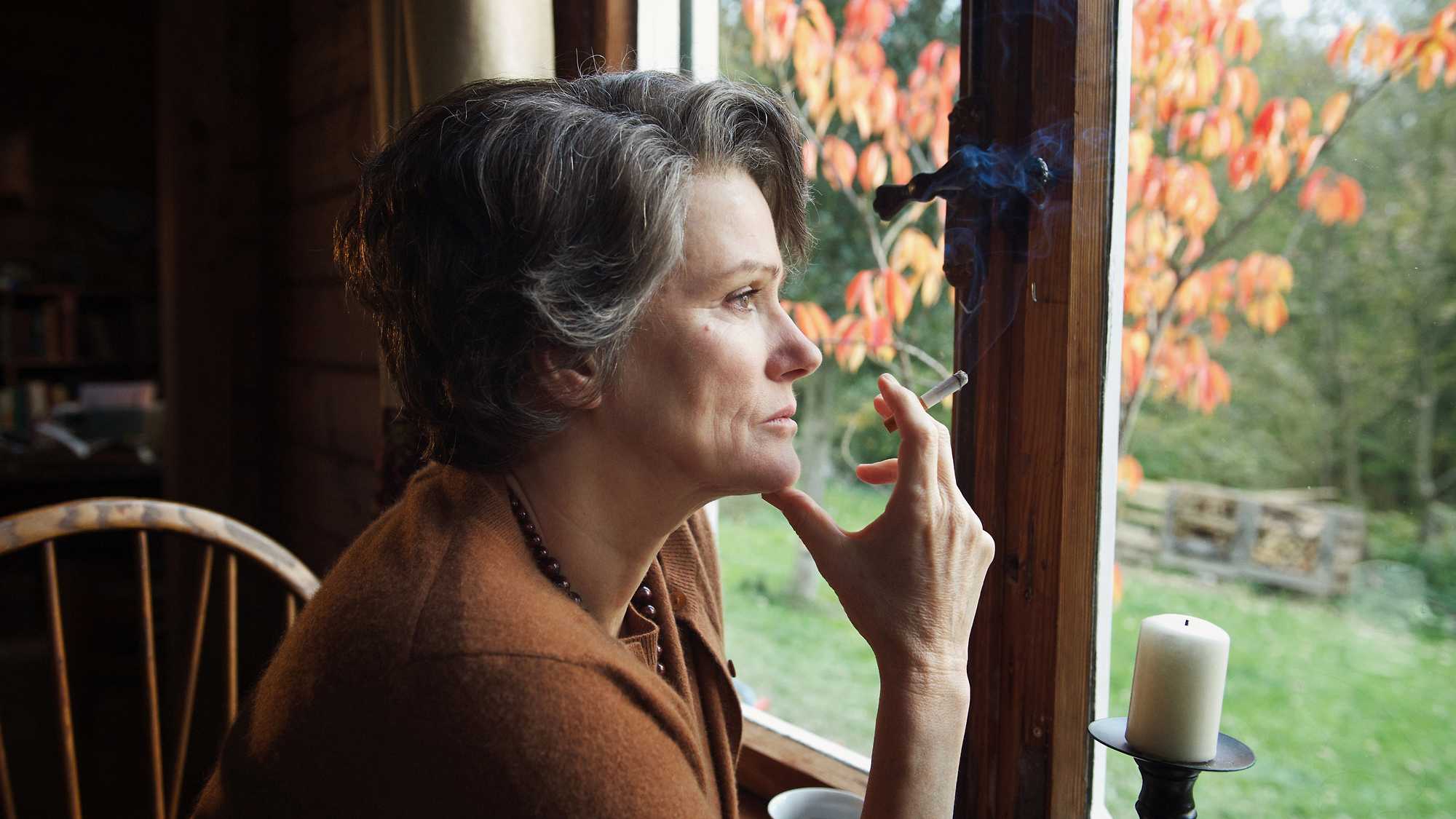Barbara Sukowa is superb as the brilliant German-Jewish philosopher whose landmark coverage of the 1960 trial of Nazi war criminal Thomas Eichmann, A Report on the Banality of Evil, unleashed a hornet’s nest of controversy.

The writer-philosopher Hannah Arendt is brought to life by a mesmerizing Barbara Sukowa.
Screened as part of NZIFF 2013
Hannah Arendt 2012
“The luminous Barbara Sukowa stars as the brilliant German-Jewish émigrée, Hannah Arendt – sent to Jerusalem in 1960 by New Yorker editor William Shawn to cover the trial of Nazi war criminal Thomas Eichmann; her coverage becomes one of the most important and controversial books ever written on the Holocaust: Eichmann in Jerusalem: A Report on the Banality of Evil. A hornet’s nest of ugly accusations, recriminations, and counter-charges greets Arendt’s proposition that ordinary people are capable of the vile acts for which Eichmann stands justly accused.
Arendt’s loyal friend, writer Mary McCarthy (played by Janet McTeer) comes to her defense in Margarethe von Trotta’s deeply serious, yet wildly entertaining look at the lives and loves of a bevy of New York’s most famed intellectuals during the 1950s and ’60s. Von Trotta – working with longtime co-screenwriter Pamela Katz – brings a practiced eye, a compassionate mind, and, appropriately, fearless independence, to this riveting portrait of a woman of both ideas and heart.” — Film Forum, New York
“Ms Sukowa, compact and energetic and not overly concerned with impersonation, captures Arendt’s fearsome cerebral power, as well as her warmth and, above all, the essential, unappeasable curiosity that drove her… I would not hesitate to describe Hannah Arendt as an action movie, though of a more than usually dialectical type. Its climax, in which Arendt defends herself against critics, matches some of the great courtroom scenes in cinema and provides a stirring reminder that the labor of figuring out the world is necessary, difficult and sometimes genuinely heroic.” — A.O. Scott, NY Times
Warning: this film contains serious reminders that cigarette smoking was formerly considered an indispensable accessory to intellectual prowess.